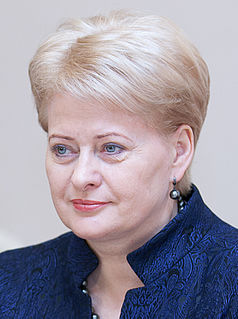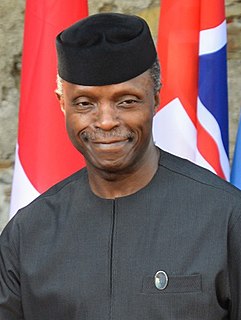A Quote by Gerhard Schroder
We made a decision that monetary policy will be made by an independent European Central Bank.
Quote Topics
Related Quotes
Global central banks are working hard to lift their economies through an aggressively easy monetary policy. The ECB [European Central Bank] and BOJ [Bank of Japan] are buying tens of billions of bonds and other financial securities each month in an effort to stimulate their economies, which is pushing down rates everywhere, including in the U.S.
For a small open economy that trades mostly with the euro zone it makes absolute sense to be part of the currency union. Our currency has already pegged to the euro since 2002. We don't have an independent monetary policy. We are regulated by the European Central Bank in Frankfurt, but we are not able to reap all the profits. Our businesses want to save the transaction costs.
In 1977, when I started my first job at the Federal Reserve Board as a staff economist in the Division of International Finance, it was an article of faith in central banking that secrecy about monetary policy decisions was the best policy: Central banks, as a rule, did not discuss these decisions, let alone their future policy intentions.
Inflation is certainly low and stable and, measured in unemployment and labour-market slack, the economy has made a lot of progress. The pace of growth is disappointingly slow, mostly because productivity growth has been very slow, which is not really something amenable to monetary policy. It comes from changes in technology, changes in worker skills and a variety of other things, but not monetary policy, in particular.









































